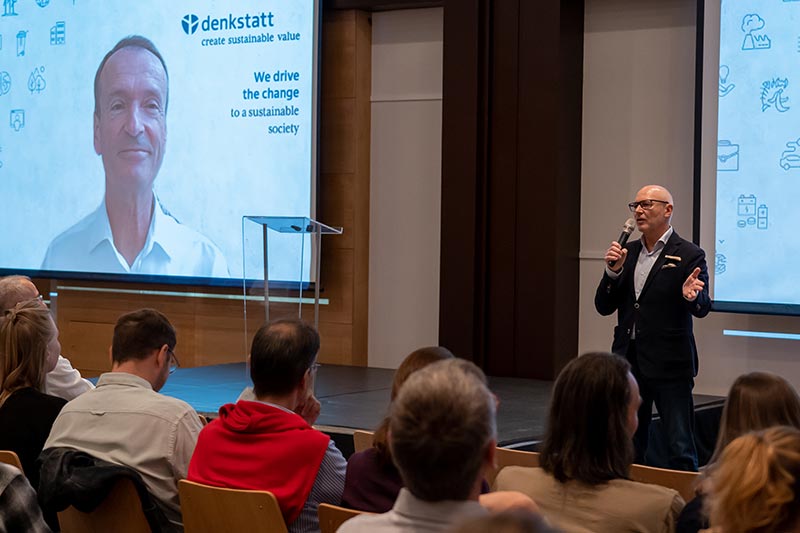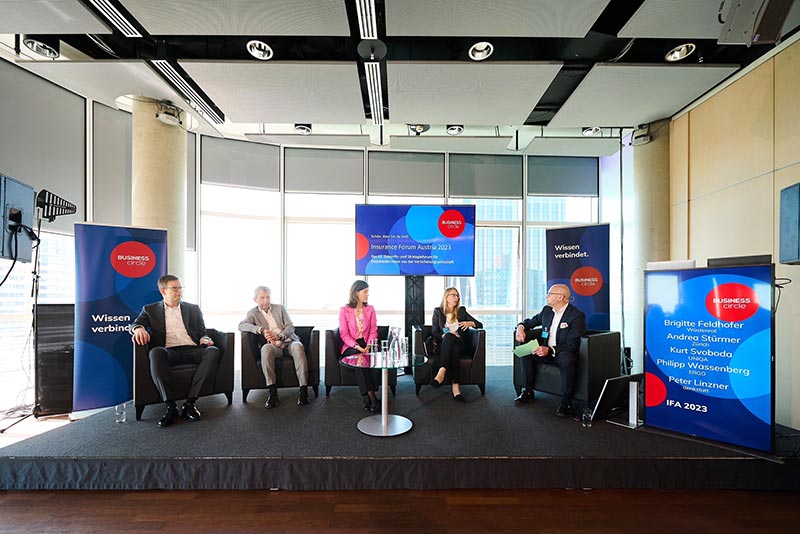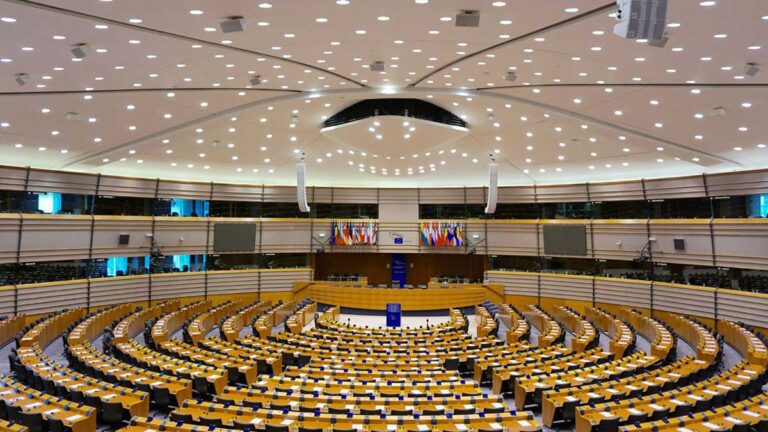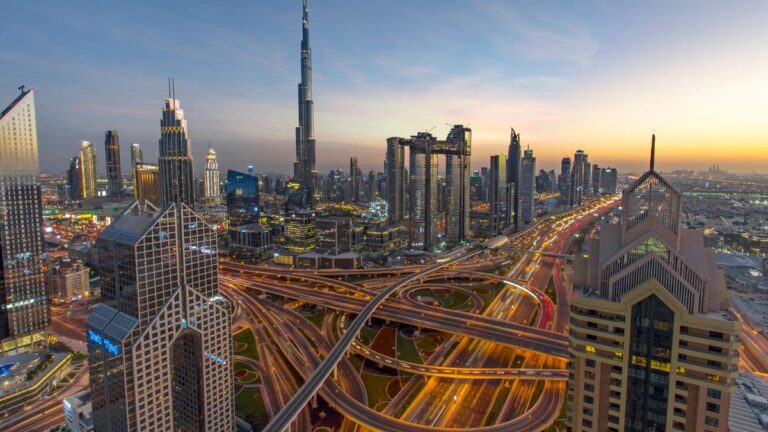
CSRD implementation and Environmental Management Systems (EMS) in accordance with ISO 14001/EMAS
By Merima Crnica and Matthias Kolck The Corporate Sustainability Reporting Directive (CSRD) not only specifies far more content for sustainability
Dear Peter, you came to denkstatt about 10 years ago, bringing with you a lot of experience from other companies. What brought you to denkstatt and how did you experience your early days here?
Peter Linzner: My interest in environmental and sustainability issues was more of a private nature until I joined denkstatt. Then I came to a point where I wanted to pursue my private interest professionally. But I didn’t have any clear ideas about this. I don’t think anyone is born with the desire to work in sustainability consulting. In my student days, the topic didn’t exist at all. At that time, I had chosen a career in business and, before denkstatt, I worked for very large companies, some of which had several thousand employees. During this time, I did help companies optimize their business processes and improve their competitive position. But not from a sustainability perspective.
At the first meeting with Christian Plas, we talked and it just fit – personally and in terms of content. He offered me the position I had seen advertised, and that’s how I ended up at denkstatt. At the time, denkstatt was undergoing a transformation process and was a small team of more or less 30 people. It was a completely new world for me because I was used to the large corporate structures. In terms of the feeling, my first day was a bit like coming to a startup. Also a bit of a culture shock, if I’m honest. But maybe that’s what it was for everyone. I came from a different world, after all. Anyway, I learned a lot and was also responsible for many projects myself over the whole years. My field of work was absolutely exciting and it still is today. I often think to myself: What could be better than working in such a varied environment, creating impact together with our clients and having such a meaningful job that is also fun? For me, that’s the perfect combination.
Similar to your career, a lot has happened at denkstatt over the years. What was the initial situation when you started at denkstatt and what was your role?
Looking back, I would say that it was a rather difficult time, but one that every company goes through here and there. Sustainability consulting was not an easy area back then. Nor is it today, but for different reasons. The regulatory framework in terms of sustainability was still in its infancy compared to today. As a result, we had to deal with completely different conditions in consulting. Many a company with a business model similar to that of denkstatt no longer exists for this reason.
Christian Plas had recognized early on that denkstatt needed to change and was looking for someone to bring new structures into the organization. That person was me. That meant we had to look at key figures and set up processes differently. We had to clarify functions and authorities. We had to deal with profitability issues. After all, the basic economic laws apply just as much to an intrinsically motivated sustainable company. This subsequently led to changes in the way we worked, but they were unavoidable. For example, we had to increase capacity utilization considerably, and that’s a step that doesn’t necessarily make you popular. Especially not if you’ve only been on the team for a short time. But we overcame these challenges and I am still grateful for the trust and assistance of my colleagues.
That sounds like an intense time. Looking back, what are the most important lessons that you and denkstatt took away from this phase? Perhaps also in view of the current challenges?
I think we can rightly claim that we have matured together. In the team and in the company as a whole. What it definitely shows is that people have supported this change. You can’t be successful in phases like this on your own – not as a director, not as a manager and not as an employee. We have demonstrated our ability to be open to change. This is especially true for the last two years, in which denkstatt has grown strongly both in Austria and within the whole group. That, too, is a big change for everyone. And to be able to deal with new things and to allow new things – we should definitely maintain this competence. In fact, I think it’s a skill that people and companies absolutely need in this day and age. Closing oneself off and dogmatically representing points of view does not make sense in such a dynamic world. I dare say it can even be harmful.
Instead, we need to be able to keep up with trends and be able to adapt flexibly to developments, both as people and as a company. In this context, however, it is just as important that we recognize our strengths and cultivate them. These include, for example, our values, to which we are committed at denkstatt. They are a central pillar of our identity.
Following on from that, what makes denkstatt special from your point of view?
I would actually like to stick to the values. Two are particularly important to me: esteem and excellence.
We show esteem for each other – within the company and also toward our clients. You can’t buy that. You can only live it. It starts with the fact that we look after each other and make sure that the others in the team are doing well. That’s what makes a good team and also shows in the direction of the client.
Excellence means we want to deliver the best for the client, and I see this motivation in everyone at denkstatt. I think one of the most important points in this context is that each of us is intrinsically motivated. Impact is what drives us. We all know how hard it is to measure it. No one has found this holy grail yet. Nevertheless, we are united by the desire to contribute to the good and to deliver top performance. We stand for quality.
And in this context, there is another characteristic that makes denkstatt stand out: Our team is versatile and diverse. That’s why we can cover pretty much all areas of expertise in sustainability consulting. For our employees, this means that everyone can contribute their strengths. That is something special. Our flexibility also enables us to adapt our consulting services to developments out there at an incredibly fast pace. Let’s take the example of CSRD. The new EU standards, the ESRS, are so important for companies that we have had to make major adjustments to our consulting services. Our organizational structure is set up in such a way that such innovations can be quickly incorporated into our consulting services.
Through all these aspects, we are able to increase our impact while staying true to ourselves and I think that is felt by the people who work with us.
Let’s talk about EU policy again. Companies are currently being confronted with a large number of innovations, such as the CSRD and EU taxonomy. What do you think we can expect from the future in this regard?
I think one thing is very central here: The directives and laws are there and are not going away. The whole sustainability issue is a megatrend and it is being driven by EU regulation, but not only, and that is the key point. Let’s look across the pond to the US and the Inflation Act. Then we quickly understand that the whole development is not only limited to Europe and that a lot is happening worldwide in the direction of sustainability. Here, the regulations are even stricter in some cases.
Overall, however, I believe that if we take a global perspective and look at the political climate and electoral behavior in various countries, we must assume a slowdown in the coming years. In many parts of the world, we can see a development that is not necessarily conducive to sustainability. Many political decisions, for example on how to deal with nuclear power or coal-fired power plants, are also due to political will in the EU and not a decision based on scientific fact. Because of all these developments, I think that in the near future many sustainability issues will be less pursued or even questioned. What we at denkstatt understand by science-based will be softened as a result. All in all, this trend will slow down sustainable development. But it cannot stop the global megatrend of sustainability. I am convinced of that.

What is perhaps important in this context is that we at denkstatt, with our daily activities, try to make a contribution to ensuring that the tipping points of the earth are not exceeded. Time is a decisive factor here, but that is out of our hands. We have to endure this to a certain extent. At the same time, we must not stop believing that we can do it. For that, the inner attitude is important. For me, the glass is always half full. That’s certainly a personal characteristic, but if you basically enjoy your job and are surrounded by a positive environment, that makes things a lot easier. We are an incredibly nice team in the entire denkstatt Group. We have great employees and when you walk into the hallways at our company, you are immediately taken in by the positive atmosphere. That makes it easier to keep motivation high.
What role does success play for you? Personally and perhaps especially when you think about denkstatt and sustainability?
Personal successes don’t necessarily have to have anything to do with the company. But when I think about denkstatt, it’s a success for me when I see how people develop and everything comes together. Of course, there is also the financial issue. denkstatt has developed well. Many people were involved in that, of course. As we’ve grown, we’ve managed to take on the different challenges without losing our identity and the fun of it. For many years, we have had a very broad client base that we have been privileged to accompany. That, too, is success for me.
Another success: If we look at the employees who started two or three years ago and you can see their personal development, how they act, the joy and commitment with which they approach the new topics and support our clients – I have to say that for me this is also a success. Because that means we have taken the right steps. That’s our job in management. We have to create the framework conditions so that our people can develop in the best possible way and transport this development towards our clients in order to create an even greater impact. And fun is also an important component here.

Let’s take a look into the future: Where will denkstatt be in 30 years?
30 years is a long time. But roughly speaking, our ways of working will have evolved and changed. The same applies to the working environment. We will still have our basic spirit, of that I am convinced. The denkstatt Group will have done its part to improve living conditions and will remain committed to that. Nothing will change in this mission.
Thank you very much for the interview.
Thank you.

By Merima Crnica and Matthias Kolck The Corporate Sustainability Reporting Directive (CSRD) not only specifies far more content for sustainability

Eventually, an agreement was reached between the Council and the European Parliament on the provisional terms of the CSDDD. The

From 30 November until 12 December, the COP28 took place in Dubai, with more people taking part than ever. Although many
